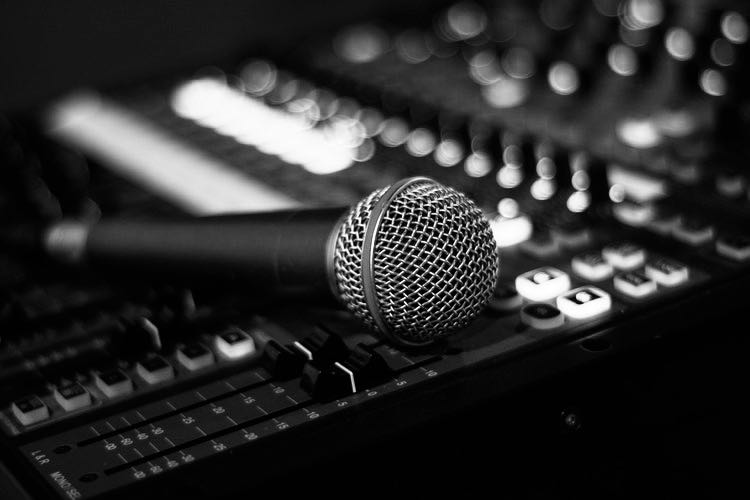 Recently, there have been numerous articles regarding FCC Chairman Ajit Pai’s efforts to increase pirate radio enforcement. This article in The Outline is a worthy read and features our good friend David Goren prominently:
Recently, there have been numerous articles regarding FCC Chairman Ajit Pai’s efforts to increase pirate radio enforcement. This article in The Outline is a worthy read and features our good friend David Goren prominently:
The FCC wants pirate radio stations off the air
Immigrant communities rely on these unlicensed broadcasts to stay connected to their roots. Now they could lose the signal.
On any given night, David Goren can tune into more than 30 underground radio stations from his apartment in Flatbush, Brooklyn. “About a dozen of them broadcast in Creole, to the Haitian community,” Goren, a local journalist and producer who researches the city’s pirate stations, told The Outline. “A lot of the stations will air news from home.” In addition to news and politics updates, Goren said, these stations feature Caribbean music that doesn’t get airtime on mainstream stations, advertisements for local businesses, and occasional call-in sessions with immigration attorneys.
For some immigrant communities across the country, these underground radio stations are an easy way of staying connected to one’s roots. In New York City, there may be more unlicensed broadcasters than licensed ones. Some of these clandestine broadcasters are small enterprises, while others are full-fledged stations that run advertisements and generate revenue. All of them run the risk of being fined — or in some states, including New York, New Jersey, and Florida, having their operators imprisoned — if they’re caught by the Federal Communications Commission.
[…]A map of enforcement actions on the FCC’s website illustrates the crackdown. The FCC has undertaken 306 pirate investigations since Pai took office in January 2017. The majority of these actions — 210, according to a press release issued by the agency on Wednesday — were Notices of Unauthorized Operations, warnings from the FCC telling the unlicensed stations to immediately shut down or risk fines and prison time. The release also notes that the FCC “took more than twice as many actions against pirate broadcasters” in 2017 than it did the previous year. (For the first time since its inception, the agency said, it has begun holding property owners liable for “supporting this illegal activity on their property.”)[…]
